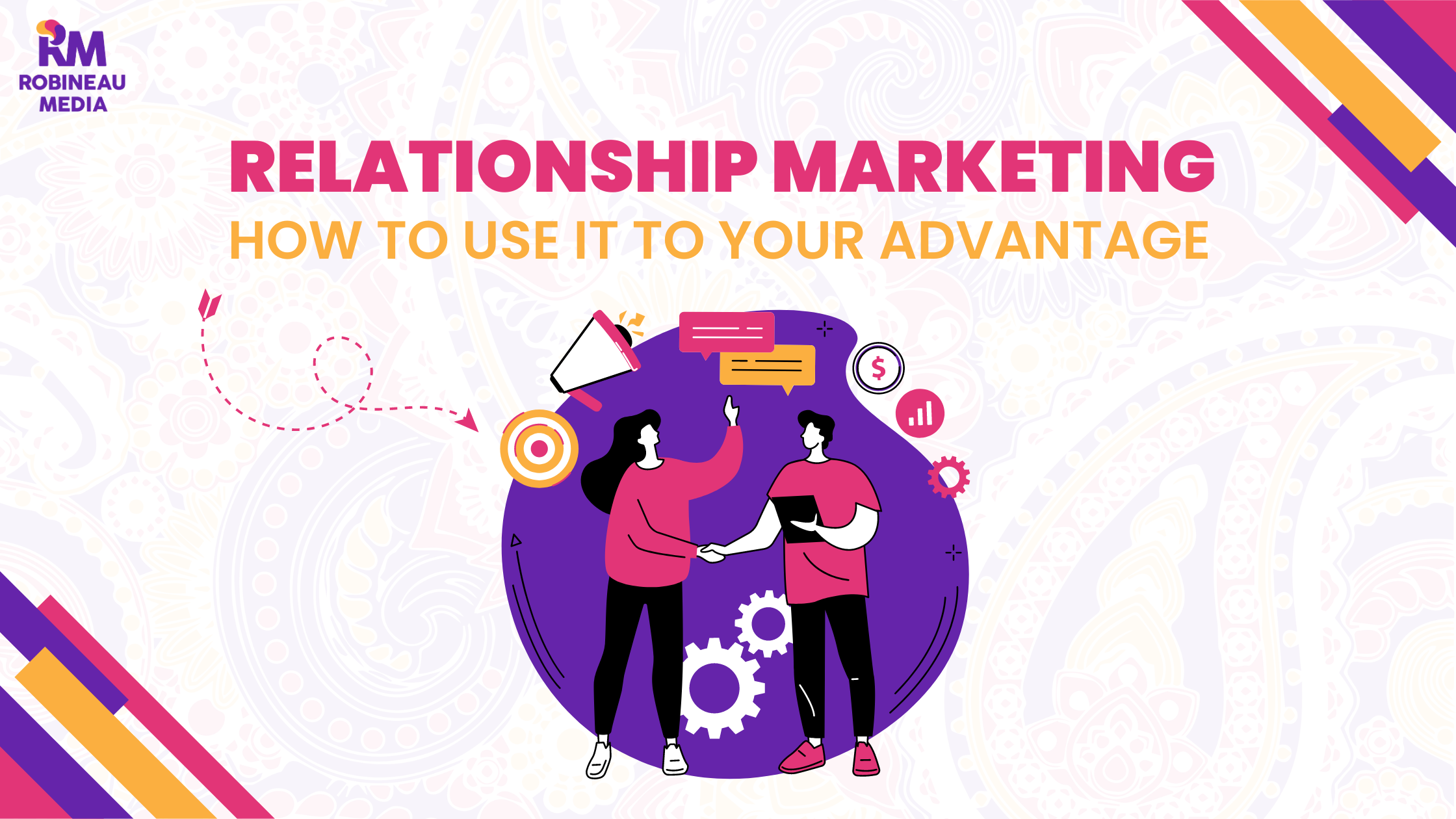
In today’s evolving business landscape, traditional marketing is typically centered solely on sales and advertising is gradually losing efficacy. As consumers become increasingly discerning and selective about the brands they engage with, the importance of fostering genuine connections and building enduring relationships has never been more paramount. Enter relationship marketing - a strategic shift that prioritizes cultivating long-term customer relationships over one-off transactions. Let’s dive into the essence of relationship marketing and the actionable strategies you can use to harness its power for sustainable business growth.
Understanding Relationship Marketing
At its core, relationship marketing embodies the philosophy that the lifetime value of a customer far outweighs the value of a single transaction. It recognizes that investing in customer relationships can have exponential returns in terms of repeat business, referrals, and brand advocacy. Whether you’re a small startup or a multinational corporation, nurturing meaningful relationships with your customers can be the cornerstone of sustainable growth.
Key Principles of Relationship Marketing
- Customer-Centricity: Relationship marketing involves placing the customer at the heart of every strategy and decision. By understanding their needs, preferences, and pain points, brands can tailor their offerings and communications to resonate deeply with their target audience.
- Two-Way Communication: Effective relationship marketing hinges on fostering an open, transparent, and ongoing dialogue with customers. Whether through social media, email marketing, or personalized interaction, brands must actively listen to feedback, address concerns, and provide value-added content to enrich the customer experience.
- Personalization and Customization: In an era characterized by information overload, generic marketing messages no longer suffice. Relationship marketing advocates for hyper-personalization, wherein brands leverage data analytics and consumer insights to deliver tailored experiences that resonate on an individual level.
- Long-Term Engagement: Unlike transactional marketing, which focuses on short-term gains, relationship marketing prioritizes cultivating enduring connections with customers. By nurturing loyalty and advocacy, brands can transform customers into brand ambassadors who champion their products or services to others.
Strategies for Leveraging Relationship Marketing
Now that we’ve explained the foundational principles of relationship marketing, let’s explore actionable strategies to harness its transformative potential for your business:
- Build Trust Through Transparency
Trust forms the bedrock of any successful relationship, and the same holds true for brand-consumer relationships. By prioritizing transparency in your communications, business practices, and product/service offerings, you can instill confidence and credibility in your brand. Whether it’s openly addressing product limitations, sharing behind-the-scenes glimpses of your operations, or soliciting feedback from customers, transparency breeds authenticity and fosters deeper connections.
- Invest in Customer Relationship Management (CRM) Systems
Effective relationship marketing hinges on robust CRM systems like HubSpot that enable brands to collect, analyze, and leverage customer data to personalize interactions and anticipate needs. By centralizing customer information, tracking interactions across multiple touchpoints, and segmenting audiences based on behavior and preferences, CRM systems empower brands to deliver targeted, relevant, and timely communications that resonate with individual customers.
- Cultivate Engagement Through Content Marketing
Content marketing is a powerful conduit for building customer relationships by providing value, education, and entertainment. Whether through blog posts, videos, podcasts, or social media content, brands can establish themselves as trusted authorities in their respective domains while fostering engagement and dialogue with their audience. By creating compelling, informative, and shareable content that addresses customer pain points and interests, brands can position themselves as valuable resources and catalysts for ongoing conversations.
- Foster Community and Advocacy
One of the hallmarks of relationship marketing is its emphasis on building communities around shared interests, values, and aspirations. Brands can leverage social media platforms, online forums, and exclusive membership groups to foster communities where customers can connect with like-minded individuals, share experiences, and engage with the brand on a deeper level. By nurturing these communities and empowering loyal customers to become advocates and influencers, brands can amplify their reach and credibility while cultivating a sense of belonging and exclusivity among their audience.
- Prioritize Customer Experience Excellence
In an era characterized by heightened competition and consumer empowerment, delivering exceptional customer experiences is non-negotiable. Relationship marketing underscores the importance of going above and beyond mere transactional interactions to delight and exceed customer expectations at every touchpoint. Whether it’s through seamless omnichannel experiences, proactive customer support, or personalized recommendations, brands that prioritize customer experience excellence can forge enduring relationships built on mutual respect, loyalty, and satisfaction.
Relationship marketing represents a paradigm shift from transactional approaches to fostering meaningful, enduring connections with customers. By embracing the principles of customer-centricity, transparency, personalization, and long-term engagement, brands can unlock the transformative power of relationship marketing to drive sustainable growth, foster brand advocacy, and cultivate a loyal customer base. As businesses navigate an increasingly complex and competitive landscape, those who prioritize building genuine relationships with their customers stand poised to thrive in the digital age and beyond.
Contact us today to learn how we can help you shift from traditional marketing to relationship marketing!

